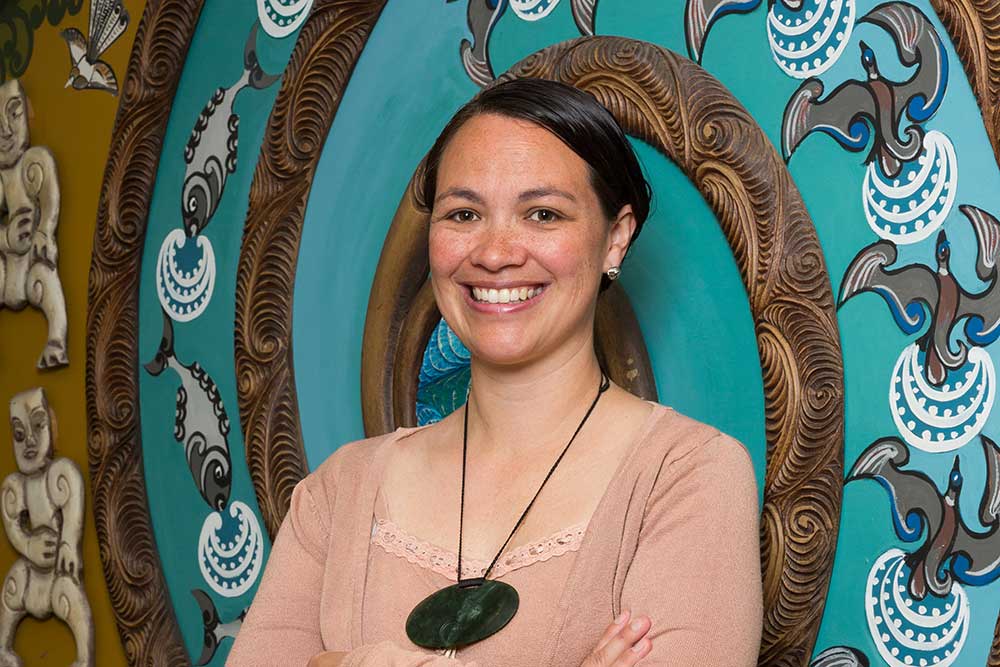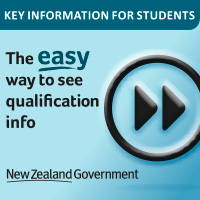Master of Education (Thesis)
- Degree Structure - Start In
- First day of any month

With UC's Master of Education (Thesis), MEd(Thesis), you'll be able to expand your practice by completing original research in an area of education. From policy and current methodologies to new and emerging theories, learn more about studying an MEd(Thesis) through our Te Kaupeka Ako | Faculty of Education.
120
Through UC's Master of Education (Thesis) (MEd(Thesis)), you will be able to expand your educational practice by completing original research in an area of education, from policy to current methodologies to new and emerging theories.
Those interested in coursework-based studies and professional development opportunities may consider the Master of Education.
Please note this qualification is not a pathway to teacher registration. If you wish to study to become a registered teacher, check out our Teacher Education qualifications.

You will need to have either an honours or postgraduate diploma degree in Education, or an equivalent degree, with at least a B+ Grade Point Average.
If English is your additional language, you are also required to meet UC's English language requirements.
For the full entry requirements, see the Regulations for the Master of Education (Thesis) or use the admission requirements checker.
You can apply online at myUC.
See Admission and enrolment for all information on enrolling at UC.
The MEd(Thesis) is made up of 120 points, usually completed over 1-2 years.
You can begin studies on the first of any month.
For full requirements, see the Regulations for the Master of Education (Thesis).
You have the option of completing either:
OR
2024 tuition fee estimate: $7,627 (120 points)
2025 tuition fee estimate: $8,085 (120 points)
2024 tuition fee estimate: $35,400 (120 points)
2025 tuition fee estimate: $36,800 (120 points)
2026 tuition fee estimate: $38,200 (120 points)
2024 SSL: $9.17 per point ($1,100.40 for 120 points)
2025 SSL: $9.72 per point ($1,166.40 for 120 points)
You could go onto a Doctor of Education, or onto a Doctor of Philosophy (PhD) in Education.
Gaining advanced research skills through this degree will put you in good standing to help develop educational practice, policy, theory, and technologies, and create better learning opportunities for future students.
By clicking "Accept All Cookies", you agree to the storing of cookies on your device to enhance site navigation, analyse site usage, and assist in our marketing efforts.
0800 827 748 (within NZ)
+64 3 369 3999
Ext: 92111 (from a campus landline)
Direct dial: 0800 823 637
University of Canterbury | A Fair Trade University
